Keywords: Industrial
There are more than 200 results, only the first 200 are displayed here.
-
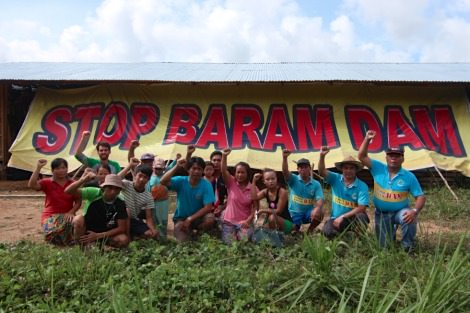
ENVIRONMENT
- Fiona McAlpine
- 17 March 2017
6 Comments
One year ago, a remarkable win for indigenous rights took place in a little-reported corner of Asia. On the island of Borneo, rainforest communities won a long fight against a hydroelectric dam that was to be built on their land. After more than two years of muddy resistance, the dam plans were shelved, and land rights were restored to the indigenous population. This was a landmark win, in more ways than one.
READ MORE 
-
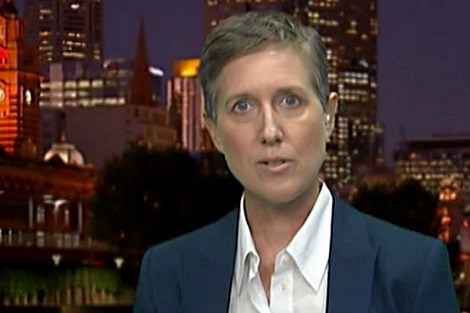
AUSTRALIA
- Fatima Measham
- 16 March 2017
18 Comments
A new round of anti-union chest-thumping is underway, following ACTU secretary Sally McManus' remarks that 'I believe in the rule of law where the law is fair ... But when it's unjust, I don't think there's a problem with breaking it.' If any other person had said this in the context of civil and political rights, the words might not be so incendiary. Laws are not as neutral as we imagine them to be. They are constructed by individuals of immense power, with their own set of values and connections.
READ MORE 
-
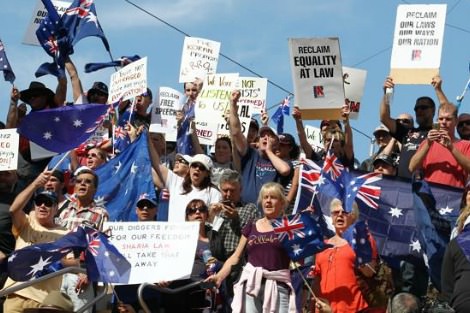
AUSTRALIA
- Daniel Nicholson
- 24 February 2017
9 Comments
In the footage of one violence protest, I was shocked to see a handful of my homeless clients, draped in Australian flags, engaged in street battles with anti-racists. These young men had experienced alienation, exploitation and poverty - all the things the Left is supposed to fight against. Long, uncomfortable conversations don't make for good social media content, yet if Australia is to stare down the threat of a rising alt-right it won't be done by yelling at right wing fringe groups across a police barricade.
READ MORE 
-

RELIGION
- Rachel Woodlock
- 24 February 2017
29 Comments
Once upon a time, a proud dad in Dandenong could name his son Jihad, with its ancient meaning of 'striving' in the path of God. Now he might choose a different name to avoid future discrimination. 'Shari'a' has come to mean the forced imposition of medieval punishments on cowering populations, while 'halal' is the torture of sheep and cows. These words have been stolen from ordinary Muslims, the vast majority of the world's second largest religion. I blame three groups for this.
READ MORE 
-

ENVIRONMENT
- Greg Foyster
- 02 February 2017
10 Comments
If climate change were a short-term problem, polarisation wouldn't be so crippling. One side could push a solution through parliament, and by the time the other side took power it might be a non-issue. But climate change is an extraordinarily long-term problem that requires massive investment in new infrastructure and consistent policy settings over decades. It needs a supermajority of support so years of work isn't undone with each change of government. That means getting conservatives on board.
READ MORE 
-
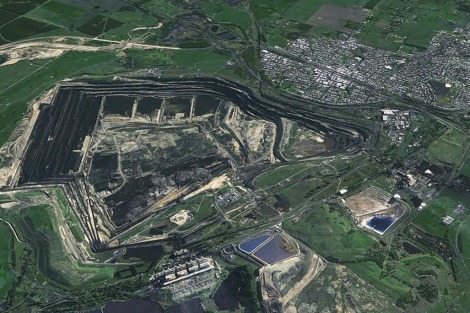
ENVIRONMENT
- Jarni Blakkarly
- 09 November 2016
4 Comments
The death-knell was sounding for Hazelwood long before the announced closure last week. The 50 year old power plant is one of the country's oldest and most inefficient, making it extremely vulnerable to the lower electricity price and supply surplus. As the most polluting power plant per unit of energy produced in the industrialised world, many will be glad to see the power station go. But its closure also flags a rising dilemma, over who bears the cost of the transition to clean energy.
READ MORE 
-
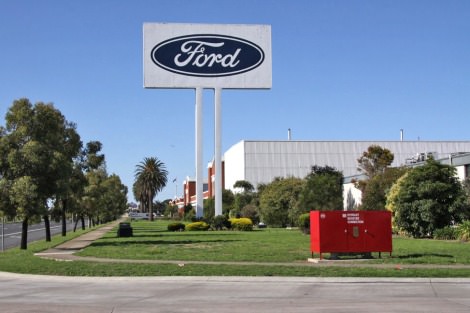
AUSTRALIA
- Rick Measham
- 07 November 2016
28 Comments
Growing up in Geelong, many friends worked at Ford, or Alcoa, Pilkington or any of the other allied suppliers. As each of these stopped manufacturing in Victoria's second city, employers and governments promised retraining. But where are the jobs? Factories are quickly moving to a 'lights out' operation, with no lights, no air conditioning — and no humans. Modelling suggests nearly 5000 Geelong residents will lose their jobs to the decline in manufacturing before the end of 2017, and 200,000 nationwide. Can we find new-economy jobs for every one of them?
READ MORE
-

AUSTRALIA
- Jeremy Clarke
- 27 September 2016
1 Comment
Wiradjuri/Kamilaroi artist Jonathan Jones' piece is profoundly moving. At first glance it is little more than a quirky reconfiguring of the architectural footprint of the Garden Palace that burned to the ground on 22 September 1882, taking with it a collection of precious Indigenous relics. A more informed engagement however reveals that Jones has created a provocative re-imagining and, through this, a re-membering of Australian colonial contact history which has deep resonances for today.
READ MORE 
-

EDUCATION
- Ellena Savage
- 02 September 2016
6 Comments
In the golden era, I suppose, only a handful of people, selected for their potential to contribute to certain class formations, went to university. And then there was a shift, and this occurred with the supposedly democratising process of neoliberalisation. But neoliberalisation went a bit far and now we don't know how to tell our students that while they are entitled to real attention from their teachers, a lot of the time their teachers are basically volunteers for the charity called their expensive education.
READ MORE 
-

ARTS AND CULTURE
- Tim Kroenert
- 25 August 2016
War Dogs is the latest in a string of films from the past few years that are custom made for our cynical times; deeply ironic black comedies and dramas featuring antiheroes who profit to the point of excess off the misery of others. Where those films dealt with the finance industry and gained relevance from the backdrop of the Global Financial Crisis, this one shifts focus to the grimier world of arms dealing, in the context of Bush era conflict in Iraq and Afghanistan.
READ MORE 
-
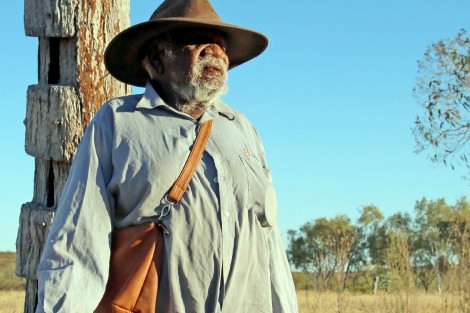
AUSTRALIA
- Moira Rayner
- 23 August 2016
9 Comments
I had been in WA for exactly a year when the local newspaper reported that a white guy had led about 200 people off Wave Rock station. Coming out of the comfortable myth that my home country of New Zealand was not racist, I was amazed to learn that Australia's Indigenous people were obliged to work without industrial protections. In 1966 it was the British Vesteys Group that had been exploiting Aboriginal people: today it is the State in the guise of 'community development', aka work for the dole.
READ MORE 
-
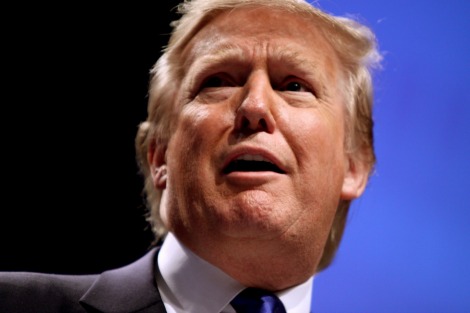
INTERNATIONAL
- David James
- 09 August 2016
15 Comments
The main legislative catalyst for the GFC was the repeal, in 1999 by Bill Clinton, of the Glass Steagall Act, which had prohibited commercial banks from engaging in the investment business. This allowed the investment banks to indulge in the debauch of financial invention that almost destroyed the world's monetary system. Trump has made the reinstatement of Glass Steagall official policy. Should that happen, it could be the most beneficial development in the global financial system for decades.
READ MORE 